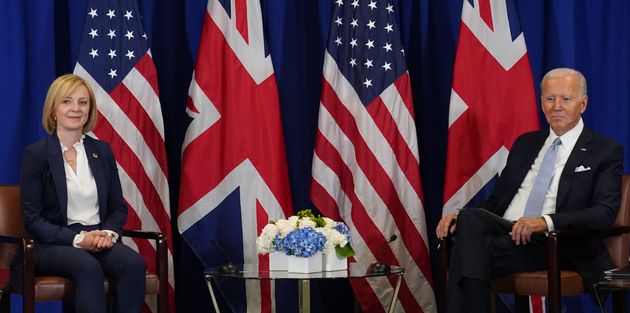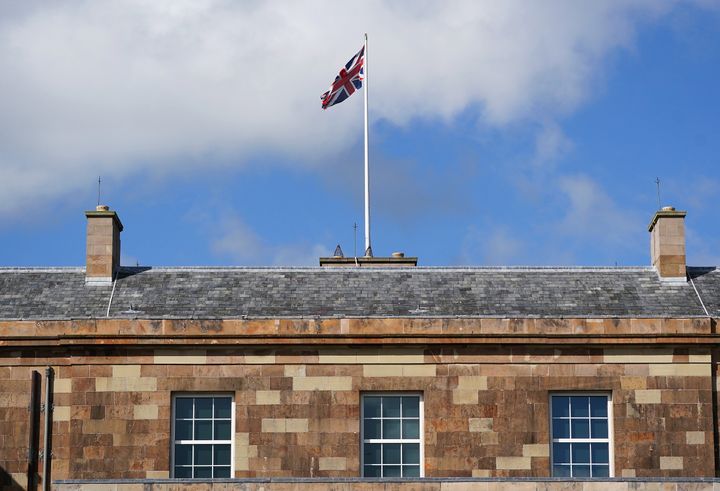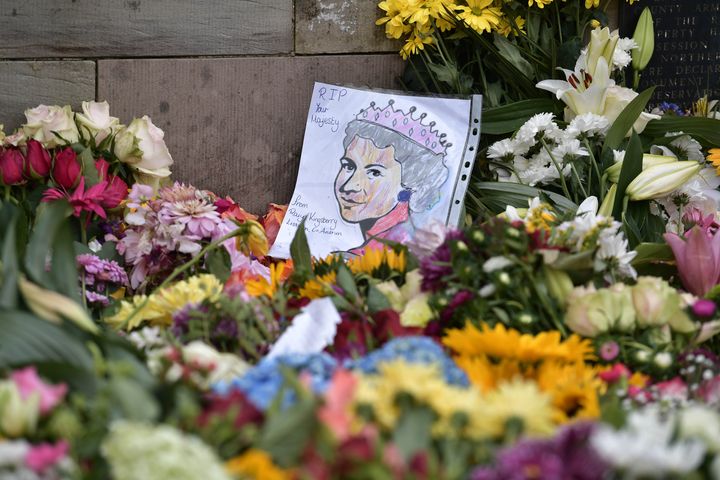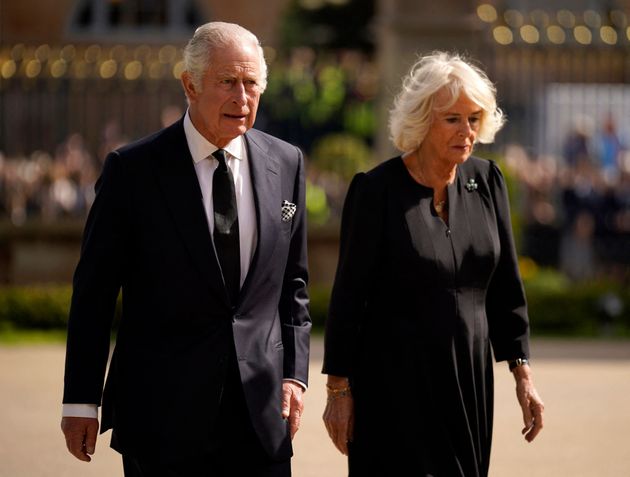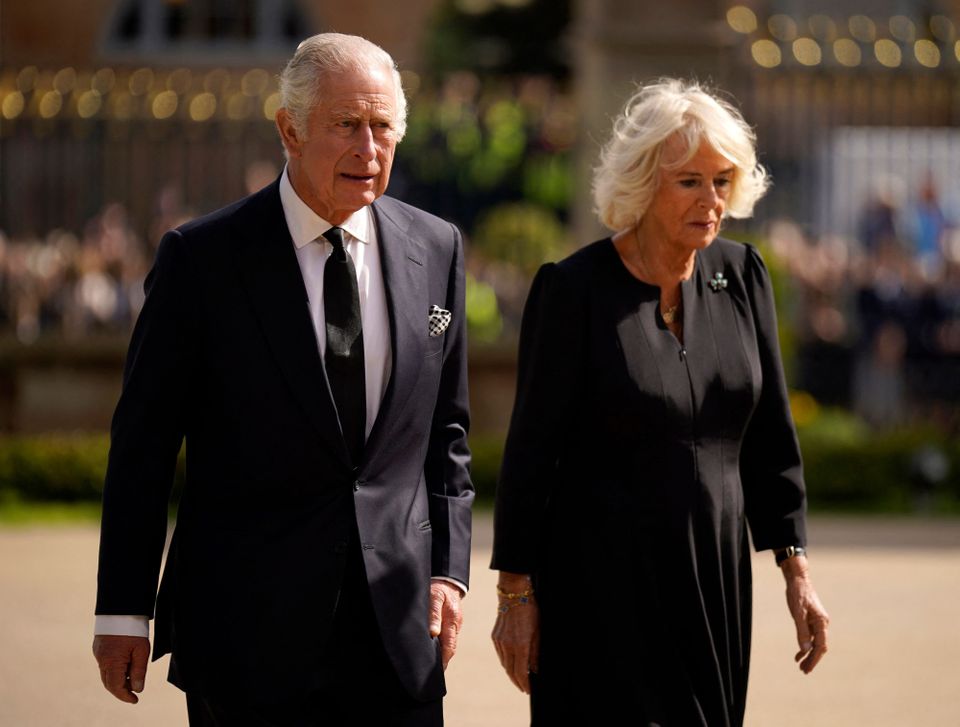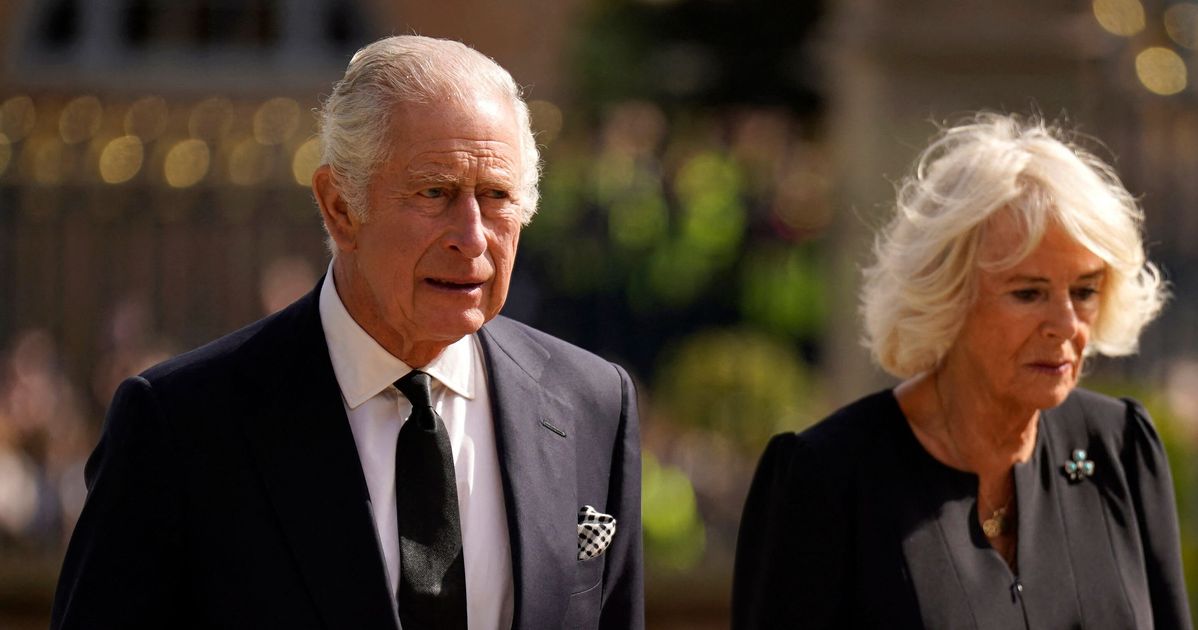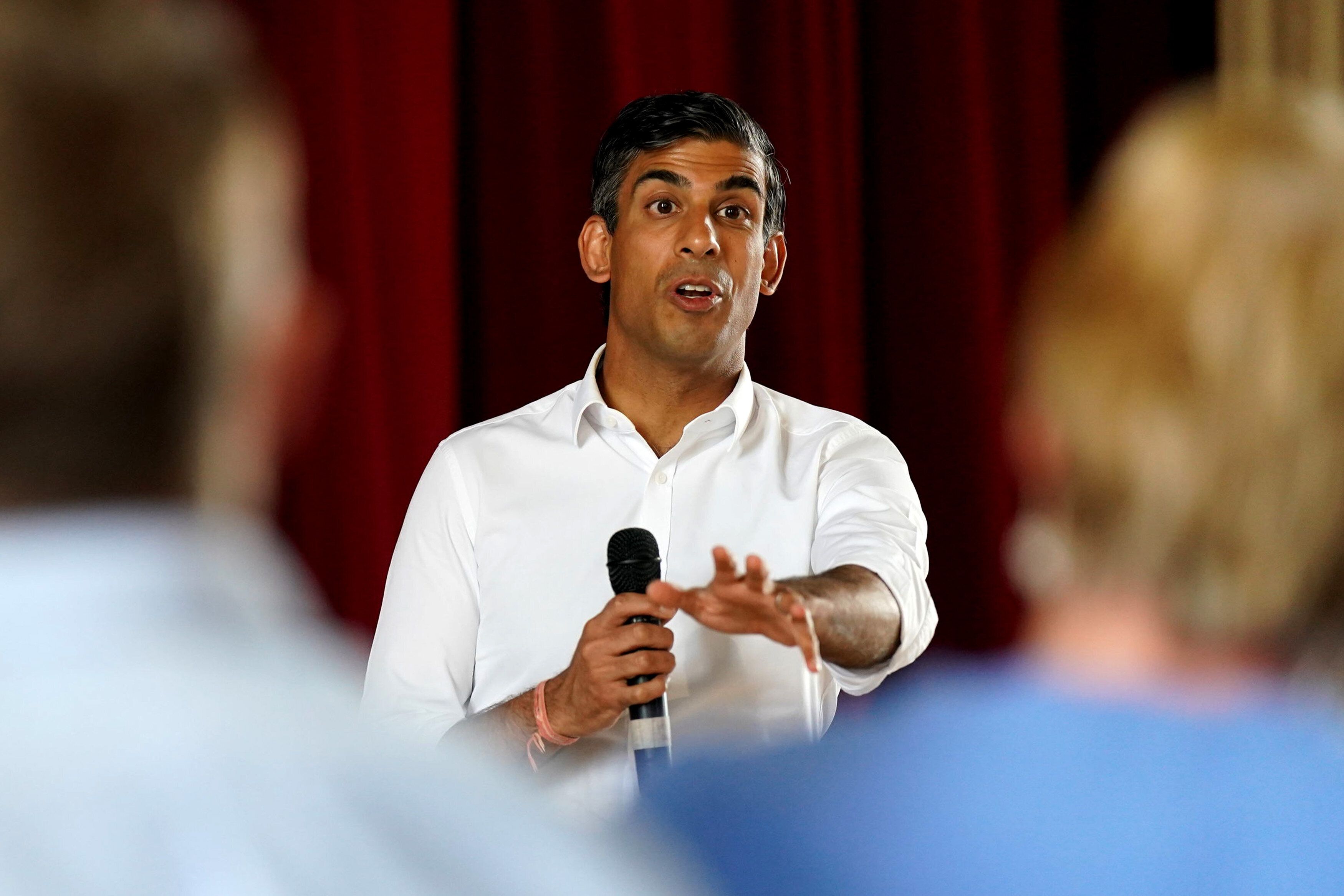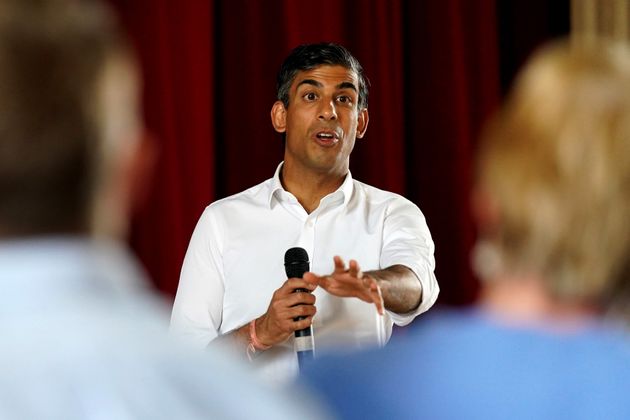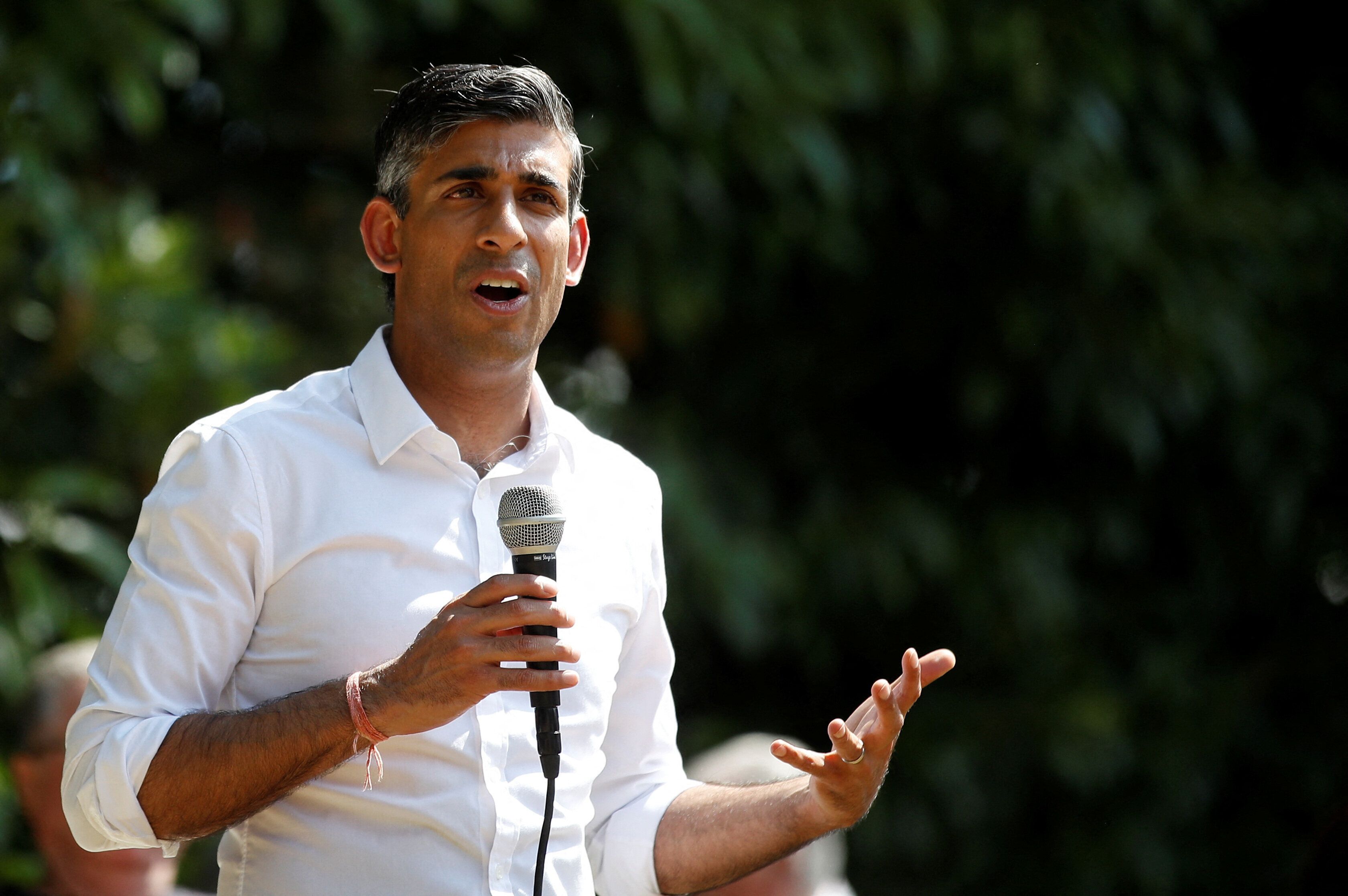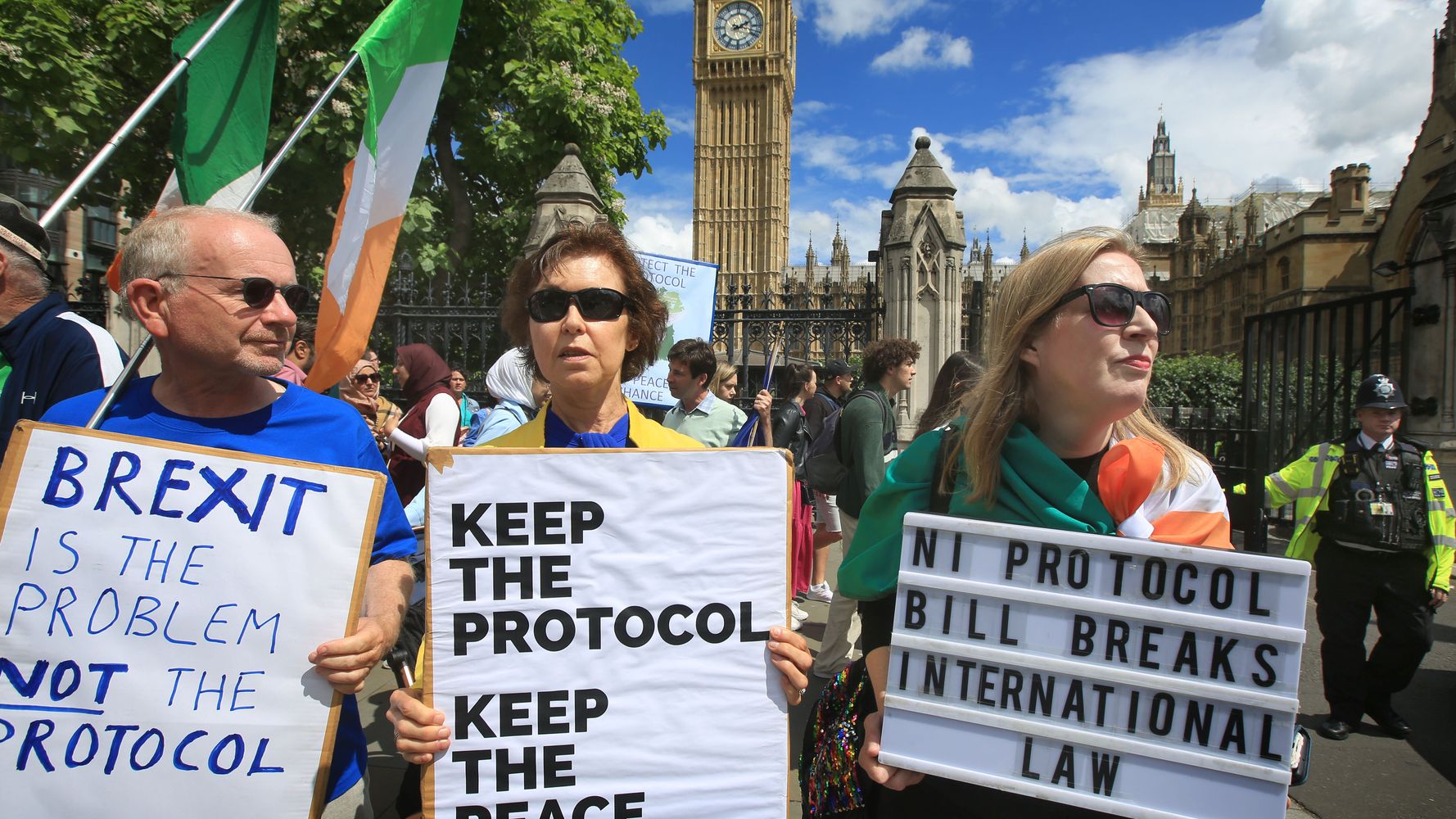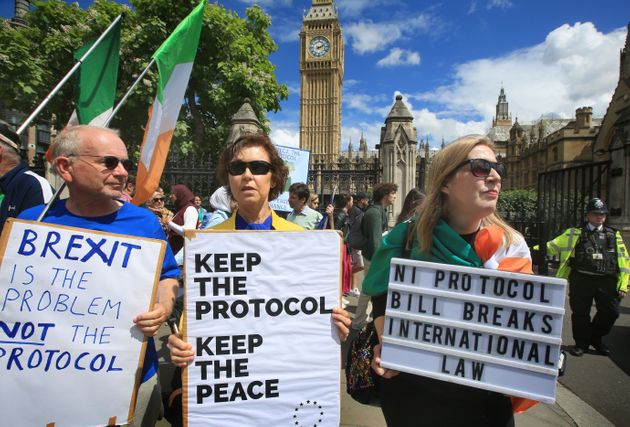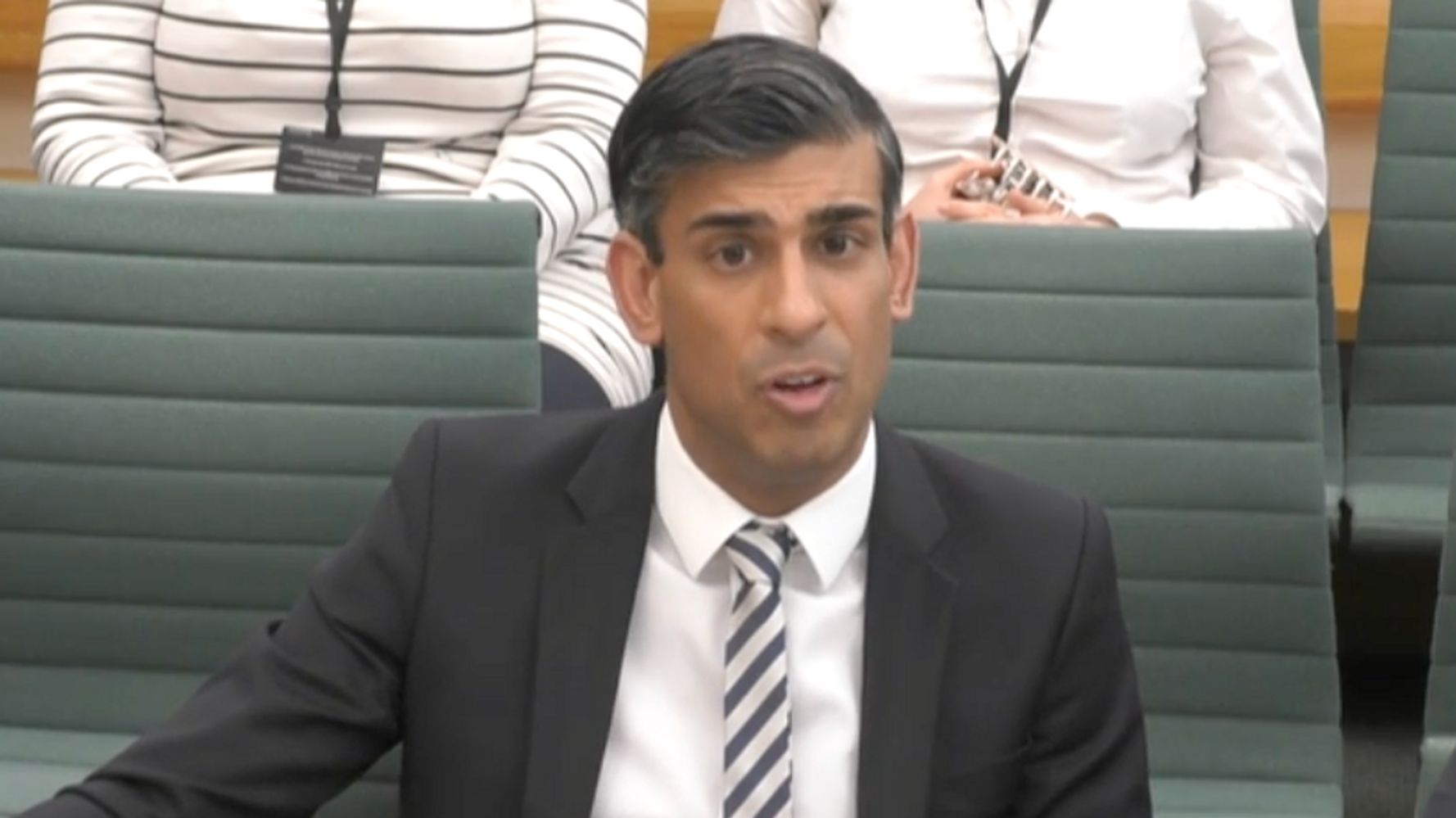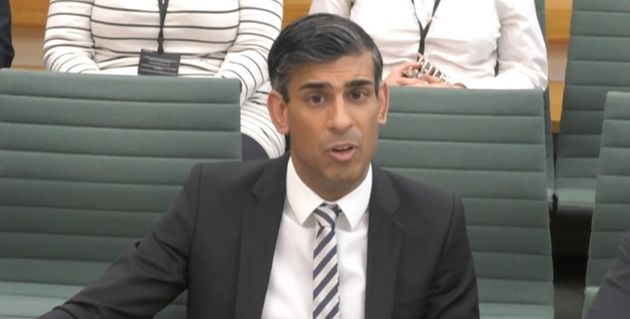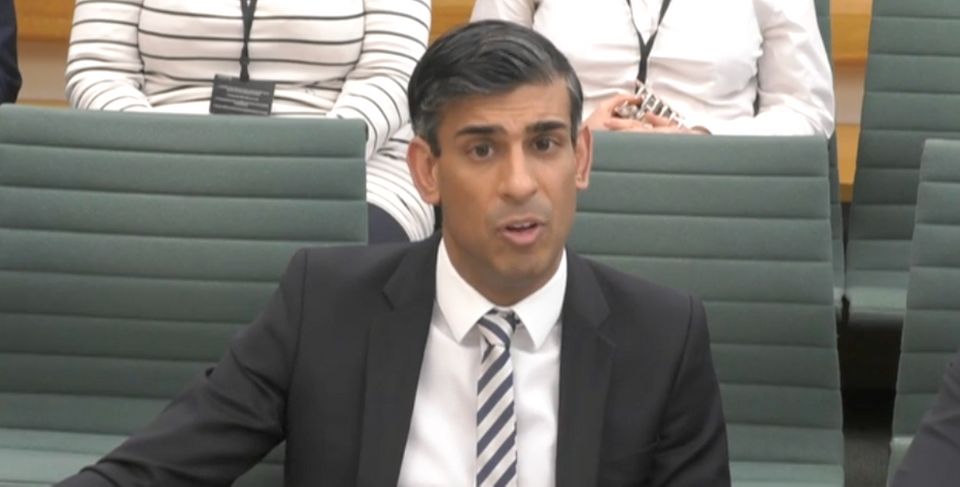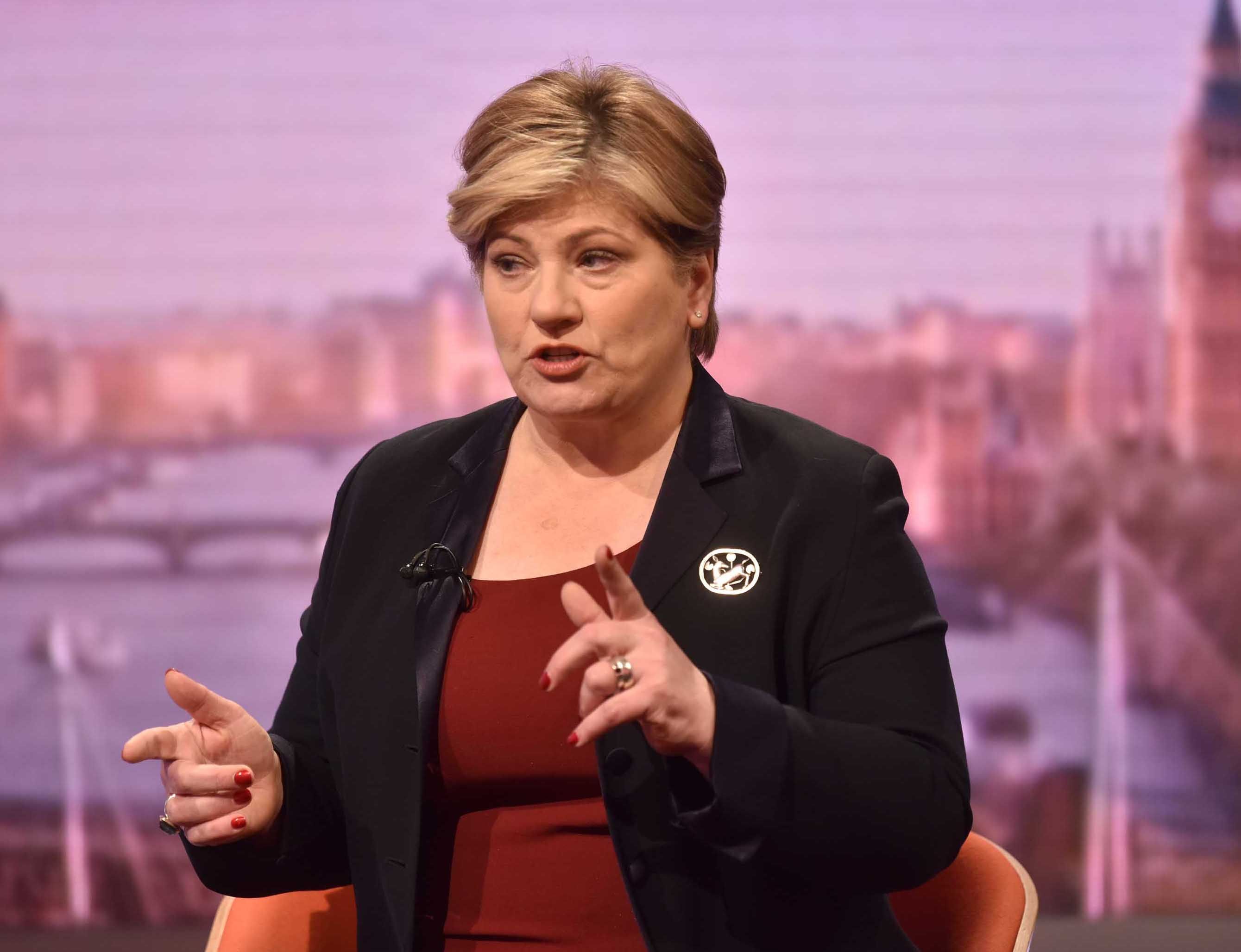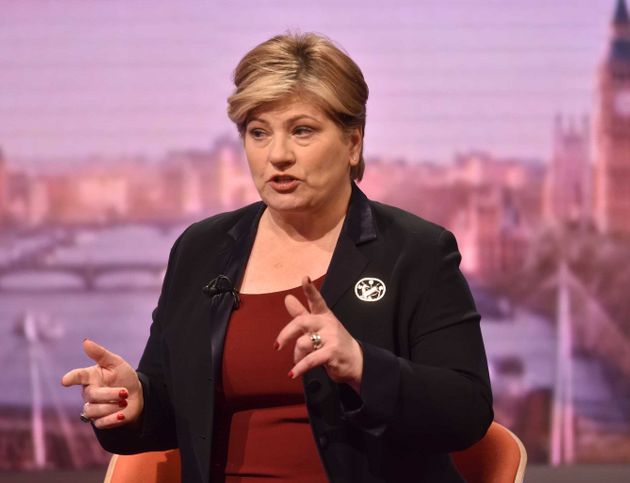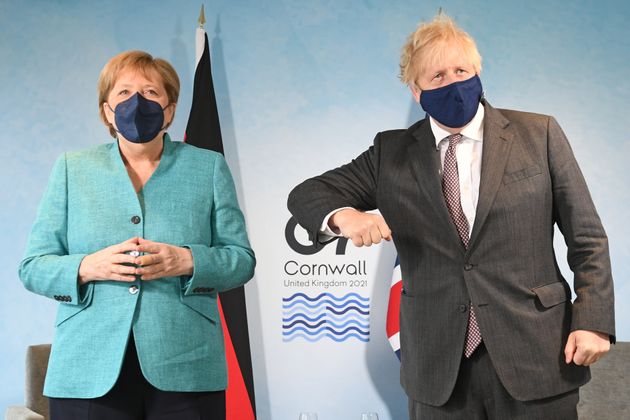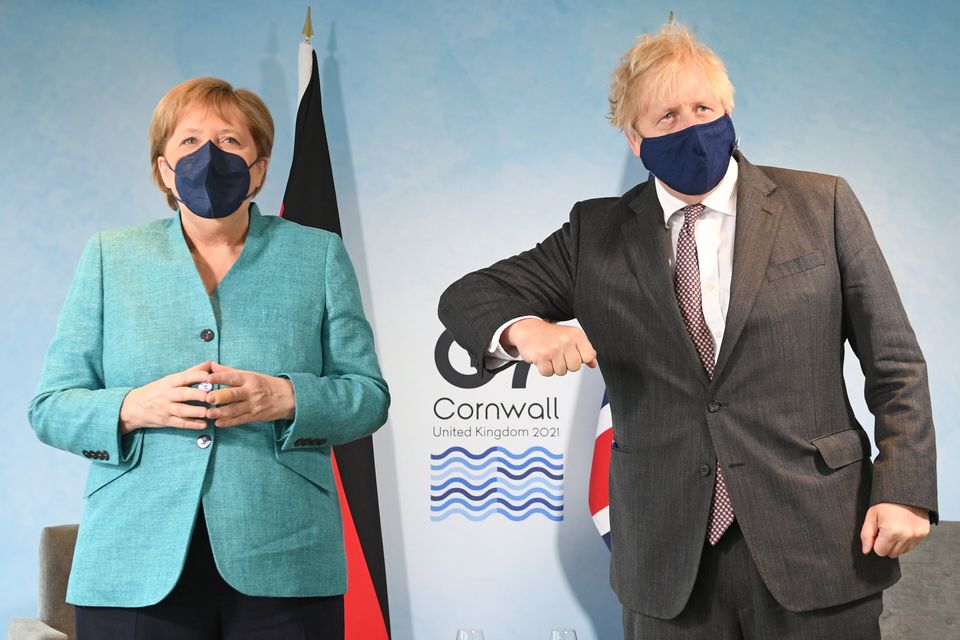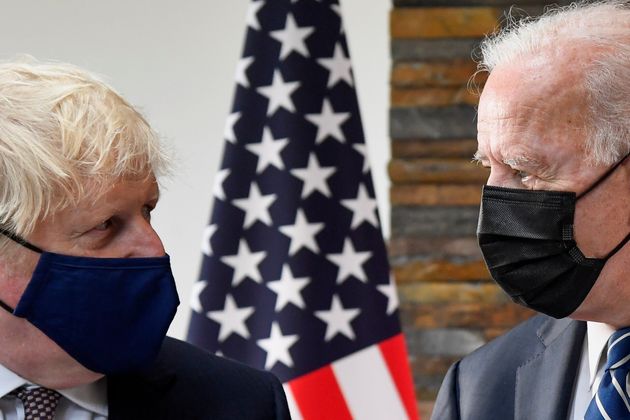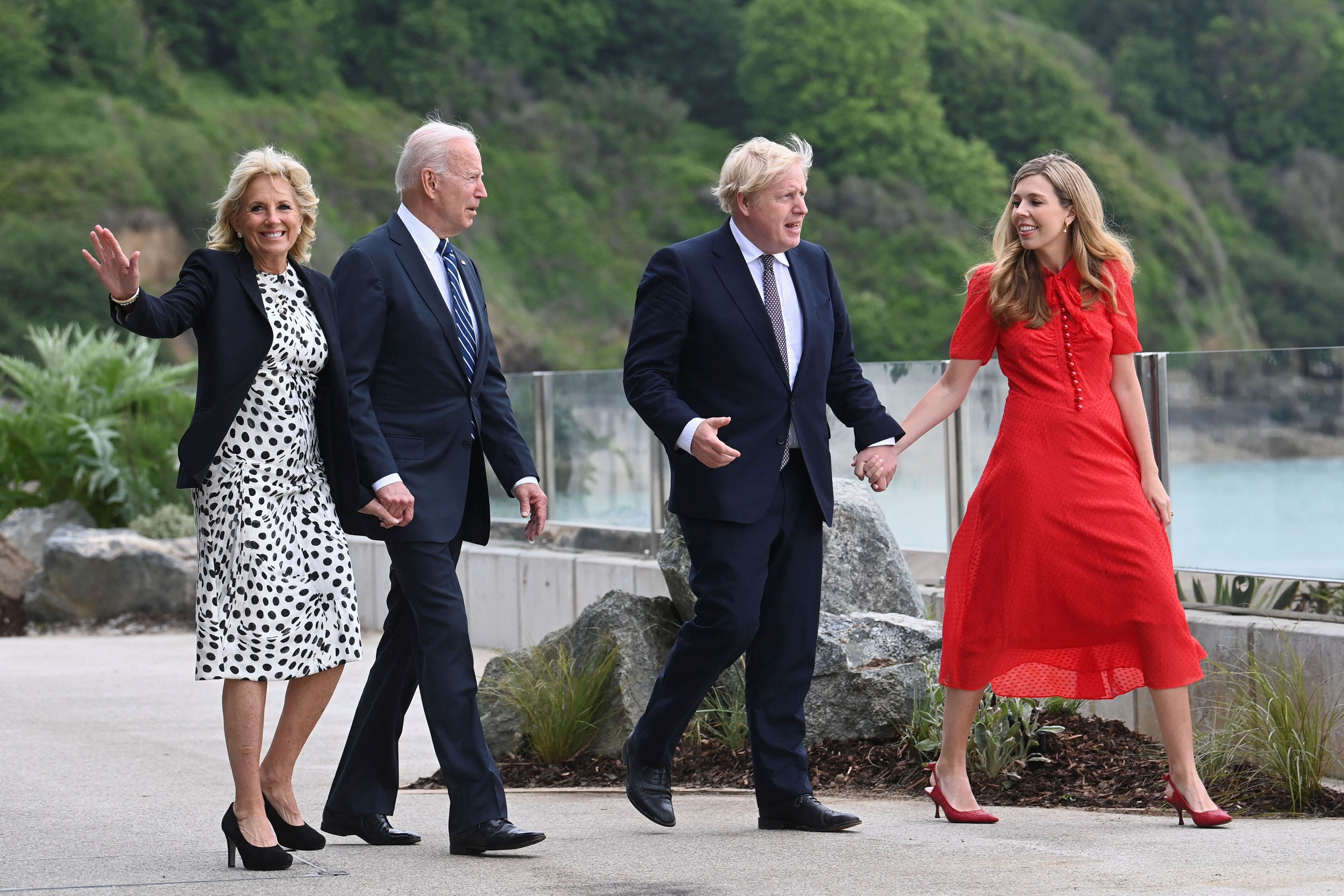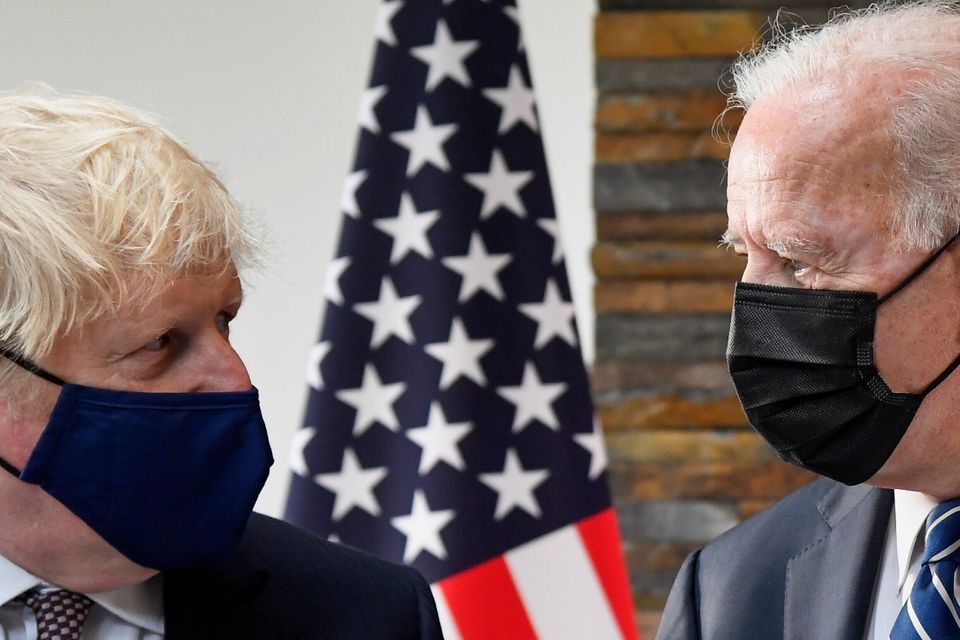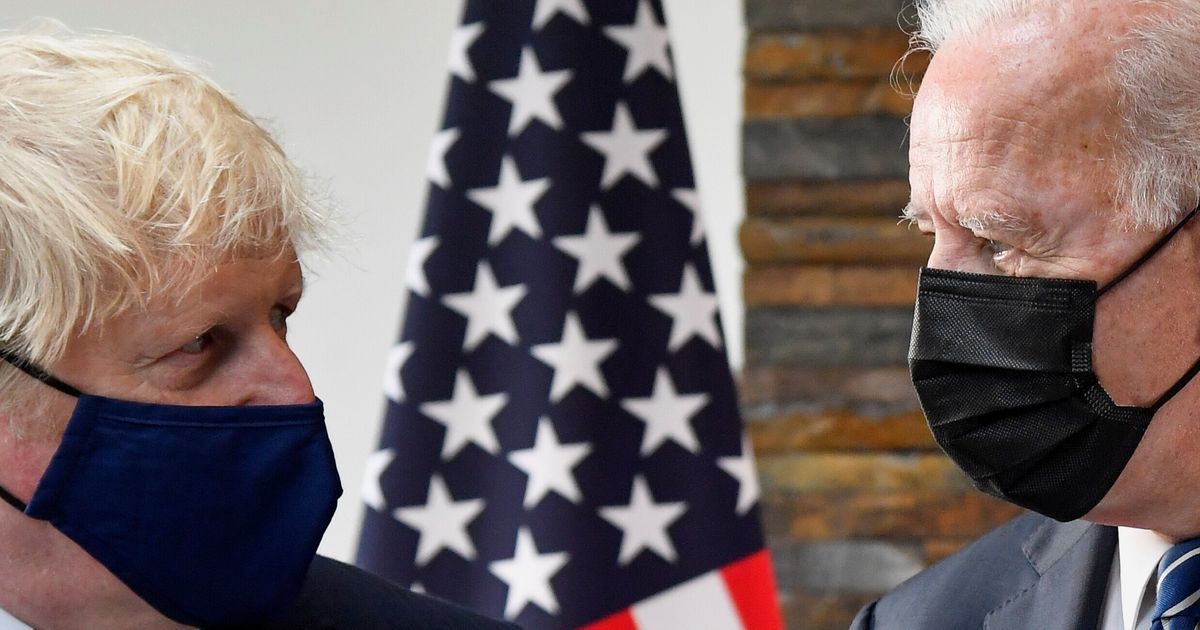
US president Joe Biden has told Liz Truss the UK is “our closest ally in the world”, despite sharp disagreements between the leaders of the two countries.
Ahead of a one-to-one meeting at the United Nations General Assembly in New York, Biden and the new UK prime ministers spoke to reporters before sitting down to talks centring on the Russian invasion of Ukraine and the energy crisis it has provoked.
Advertisement
Though Biden’s words were reassuring, the president told Truss he is “looking forward to hearing what’s on your mind” about the row over the Northern Ireland Protocol, which prevents a hard border on the island of Ireland, underlining tensions over post-Brexit arrangements.
The prime minister sought to reassure the US president by telling him how she would be explaining how the Good Friday Agreement that brought peace to the island would be upheld.
Biden and Truss were meeting after the president sent a tweet just as the PM was discussing her economic policy, which said he was “sick and tired of trickle-down economics”.
“It has never worked,” he said.
The comments underlined the differences between the two leaders’ stances after Truss made clear her economic agenda had the trickle-down theory – tax cuts for the wealthy and corporations will benefit everyone – at its heart.
Advertisement
The prime minister’s official spokesman said it was “ludicrous” to suggest Biden was criticising UK policy, arguing each country is facing different economic challenges.
The prime minister is pushing ahead with the controversial Northern Ireland Protocol Bill which the EU and other critics say will breach international law by suspending elements of the agreement.
There have also been suggestions she could unilaterally trigger Article 16 of the protocol, to override parts of the agreement brokered as part of the Brexit divorce deal.
In opening marks at the top of their meeting, the US president told Truss: “We are both committed to protecting the Good Friday Agreement of Northern Ireland.
“And I’m looking forward to hearing what’s on your mind.”
He congratulated her on becoming prime minister, adding: “I look forward to working closely with you. You’re our closest ally in the world and there’s a lot we can continue to do together.”
Advertisement
Truss told the president the UK and the US are “steadfast allies” as she thanked him for his support following the death of the Queen.
“Of course I’m looking forward to discussing the Belfast Good Friday Agreement and how we make sure that’s upheld into the future,” she added.
Biden said their “full agenda” for the meeting includes Ukraine’s defence against Vladimir Putin’s invasion, China and preventing Iran from obtaining nuclear weapons.
“We also want to talk about energy, which understandably is of significant consequence to all of Europe and the United Kingdom in particular,” he added.
US national security adviser Jake Sullivan made it clear Biden would discuss the protocol “in some detail” with Truss.
Advertisement
Sullivan told reporters the president “will encourage the UK and the European Union to work out an effective outcome that ensures there is no threat to the fundamental principles of the Good Friday Agreement”.

